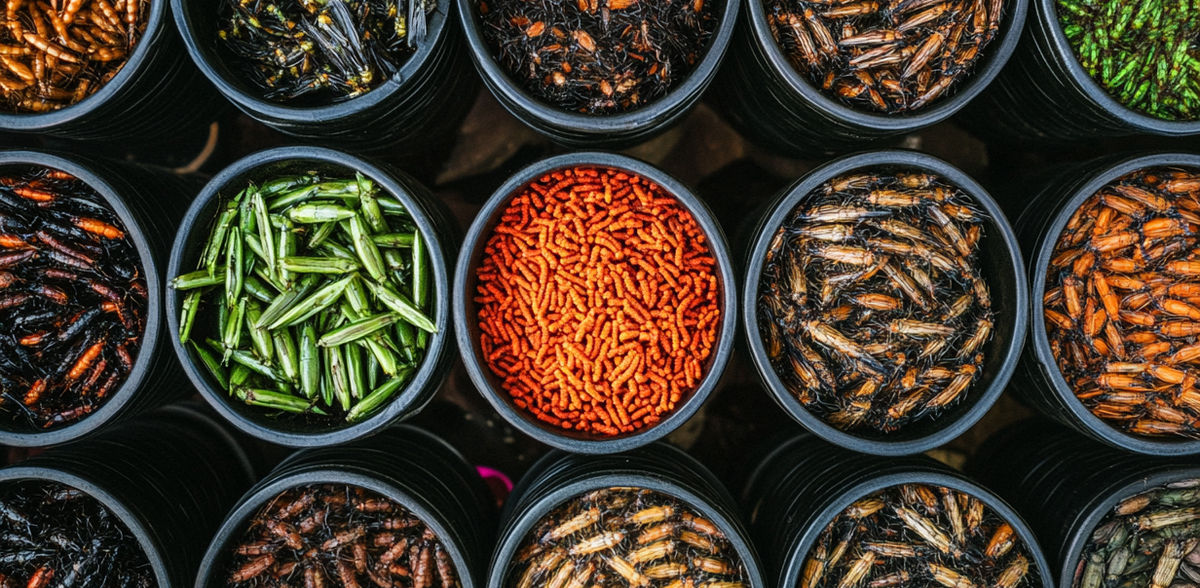Edible insects show promise as sustainable nutritional source
Advertisement
As the global population grows and traditional livestock production increasingly strains environmental resources, there is a rising interest in alternative protein sources. Edible insects, particularly grasshoppers, are abundant in regions like Cameroon and provide essential nutrients, including proteins, amino acids, and minerals vital for health and growth. Addressing these challenges calls for in-depth studies on the nutritional benefits of insects such as Ruspolia nitidula.

Conducted by the University of Dschang, Cameroon, and published (DOI: 10.26599/FSAP.2024.9240068) in the journal Food Science of Animal Products on August 30, this study examined the effects of substituting traditional Clupea harengus fish meal with Ruspolia nitidula grasshopper meal in rat diets. Over 12 weeks, researchers evaluated how this dietary change impacted libido, sleep, hair growth, and overall health, assessing the insect meal's potential as a viable alternative protein source.
The study demonstrated that replacing fish meal with Ruspolia nitidula grasshopper meal resulted in significant health improvements in rats. Those on the grasshopper diet exhibited enhanced libido, with increased intromissions and ejaculations compared to rats on fish meal or protein-deficient diets. Sleep quality also improved, with rats experiencing longer, more restful sleep. Hair quality was notably superior, with 94.58% of hairs in optimal condition in the grasshopper-fed group, compared to just 5.55% and 0.27% in the fish meal and protein-deficient groups. Additionally, the grasshopper-fed rats showed greater body weight gain, indicating overall better health and nutrition. These findings underscore the grasshopper meal's potential as a sustainable and nutritionally superior alternative protein source.
Dr. Ngnaniyyi Abdoul, the study's lead researcher, remarked, "Our findings highlight the significant potential of edible insects like Ruspolia nitidula as alternative protein sources. The grasshopper meal not only meets nutritional needs but also offers substantial health benefits, including improved libido, better sleep, and enhanced hair quality, with far-reaching implications for both animal and human diets."
This research emphasizes the potential of Ruspolia nitidula as a sustainable, nutrient-rich protein alternative. Beyond animal feed, the findings suggest that grasshopper meal could play a role in addressing human malnutrition, particularly in low-resource settings. With ecological advantages and health benefits, edible insects present a compelling solution for future food security and dietary enhancement.
The North Cameroon Association for Ecological and Food Transition (ABC-ECOLO) for funding this study.
































































